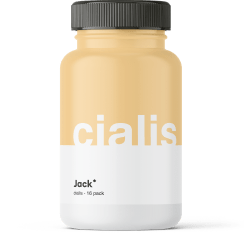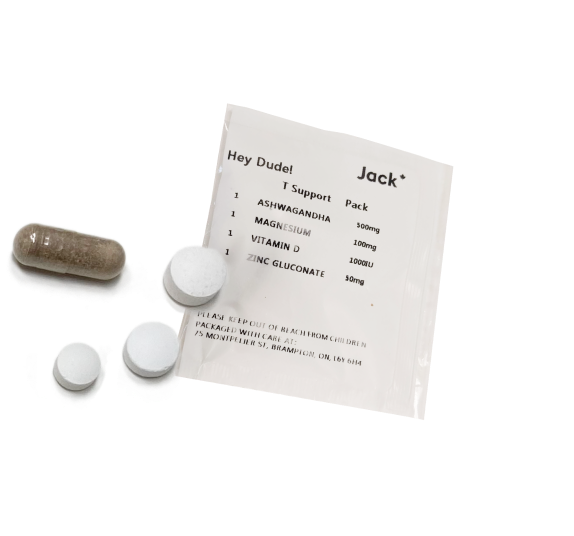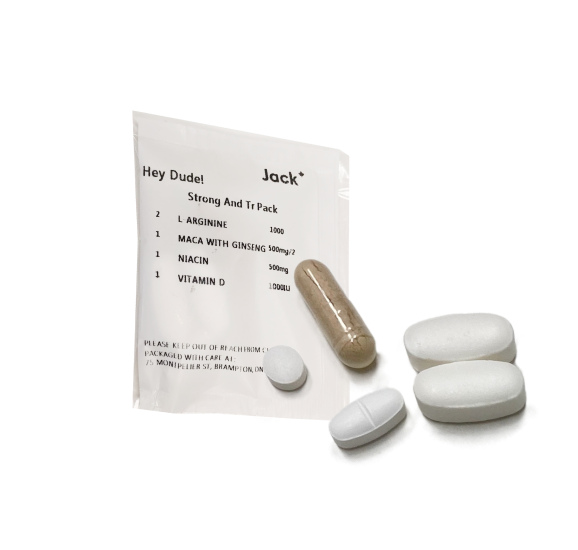Premature Ejaculation (PE) is a common form of sexual dysfunction that affects many men, impacting their sexual health and quality of life. Understanding the treatment options, including the use of Premature Ejaculation pills, is crucial for those seeking relief and improvement in their sexual performance.
This content delves into the various types of PE pills available, how they work, their effectiveness, and safety profiles. Additionally, it addresses the potential side effects associated with these medications and highlights the importance of safety precautions to ensure a positive treatment outcome.
Through informed discussion and insights, this content aims to provide valuable knowledge to individuals navigating the complexities of PE treatment, offering key takeaways to help make informed decisions about their health and well-being.
What Are Premature Ejaculation Pills?
Premature Ejaculation (PE) pills are prescription medications designed to treat one of the most common forms of sexual dysfunction in men: premature ejaculation. These pills help to delay ejaculation, improve sexual performance, and enhance sexual stamina. They are part of a broader treatment plan that may include therapy, exercises, and lifestyle changes to help men gain better control over their ejaculation timing.
For a deeper understanding of PE and its impacts on sexual health, explore Understanding Premature Ejaculation.
Various Types of Premature Ejaculation Pills
There are several types of medications that can treat PE, including:
- Selective Serotonin Reuptake Inhibitors (SSRIs) like Paroxetine, Sertraline, and Fluoxetine (Prozac). Originally used as antidepressants, these medications can also delay ejaculation.
- Dapoxetine: A short-acting SSRI specifically designed for the treatment of PE.
- Phosphodiesterase type 5 (PDE5) inhibitors such as Sildenafil (Viagra), Tadalafil (Cialis), which are primarily used for erectile dysfunction (ED) but can also help with PE by improving erection quality and duration.
- Topical anesthetics like Lidocaine, Benzocaine, or Prilocaine creams, sprays, and gels, which reduce sensation to delay ejaculation.
- Tricyclic antidepressants such as Clomipramine, another class of antidepressants that have been found to delay ejaculation in some men.
How Do Premature Ejaculation Pills Work?
Premature ejaculation pills work by affecting the body’s chemical messengers or altering the sensitivity of the penis. SSRIs increase the level of serotonin in the brain, which can delay ejaculation. Dapoxetine, a fast-acting SSRI, is absorbed quickly and eliminated rapidly from the body, making it suitable for on-demand use.
PDE5 inhibitors improve blood flow to the penis, enhancing erectile function and, in some cases, indirectly affecting ejaculation control. Topical anesthetics reduce penile sensitivity, which helps to delay ejaculation during intercourse.
How Effective are Premature Ejaculation Pills?
When prescribed by a doctor and used according to medical advice, PE pills are generally safe. However, it’s crucial to undergo a proper diagnosis and risk assessment to ensure that the chosen medication is suitable for the patient’s health condition and lifestyle.
For further reading on the effects of medications like Viagra on lasting longer during intercourse, visit Does Viagra Make You Last Longer?
How Safe are Premature Ejaculation Pills?
Like all medications, PE pills can have side effects. Common side effects include headaches, nausea, dizziness, dry mouth, and in some cases, reduced libido or erectile dysfunction. The side effects of medications vary depending on the type of drug and the individual’s response to it.
Do Premature Ejaculation Pills Have Side Effects?
Yes, like all medications, Premature Ejaculation (PE) pills can have side effects. While they offer significant benefits in treating PE, it’s important for patients to be aware of potential side effects to make informed decisions. Common side effects include:
- Headaches: A frequent side effect due to changes in blood flow or serotonin levels.
- Nausea and Dizziness: These can occur as the body adjusts to the medication.
- Dry Mouth: Often reported with SSRIs and tricyclic antidepressants.
- Reduced Libido or Erectile Dysfunction: Particularly with long-term use of certain medications.
The intensity and occurrence of these side effects can vary among individuals, and it’s crucial to discuss any concerns with a healthcare professional to ensure the benefits outweigh the risks.
What Safety Precautions Should be Applied?
When using Premature Ejaculation (PE) pills, certain safety precautions are essential to minimize risks and ensure the treatment’s effectiveness. These include:
- Consultation with a Healthcare Professional: Before starting any medication, it’s crucial to seek advice from a doctor to ensure it’s appropriate for your specific health situation.
- Adherence to Prescribed Dosage: Follow the doctor’s instructions regarding how much and how often to take the medication to avoid potential side effects or reduced effectiveness.
- Awareness of Drug Interactions: Inform your doctor about any other medications you’re taking to prevent adverse interactions.
- Monitoring for Side Effects: Keep an eye on how your body responds to the medication and report any negative reactions to your healthcare provider.
By applying these safety precautions, patients can help ensure a safer and more effective treatment experience with PE pills.
Key Takeaways
- Treatment Variety and Personalization: There are various types of Premature Ejaculation (PE) pills available, including SSRIs, PDE5 inhibitors, and topical anesthetics, each working differently to help delay ejaculation. The effectiveness and suitability of these treatments vary among individuals, emphasizing the importance of personalized medical advice to find the most appropriate medication.
- Potential Side Effects: While PE pills can significantly improve ejaculatory control and sexual performance, they come with potential side effects such as headaches, nausea, dizziness, dry mouth, and sometimes, reduced libido or erectile dysfunction. Patients should be informed and vigilant about these possible side effects.
- Importance of Safety Precautions: Safety precautions, including consulting with healthcare professionals, adhering to prescribed dosages, being aware of drug interactions, and monitoring for side effects, are crucial for minimizing risks and ensuring the effective and safe use of PE pills.
Frequently Asked Questions
Can Lifestyle Changes Affect Premature Ejaculation?
Yes, lifestyle changes such as exercise, diet, reducing stress, and quitting smoking can positively affect PE. Pelvic floor exercises, practicing breathing techniques, and masturbation techniques can also improve ejaculatory control.
Are There Any Long-Term Risks Associated with Using PE Pills?
Long-term risks can vary based on the medication used. Continuous use of any medication should be monitored by a healthcare professional to manage any potential risks or side effects.
How do you determine the best PE pill for individual needs?
The best PE pill for an individual depends on various factors, including the severity of PE, health condition, potential side effects, and personal preferences. A thorough consultation with a healthcare professional, including a detailed medical history and possibly some diagnostic tests, is essential to determine the most suitable medication.





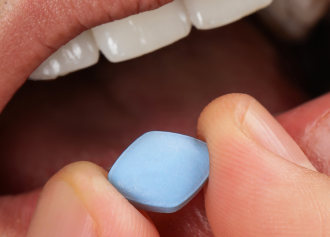


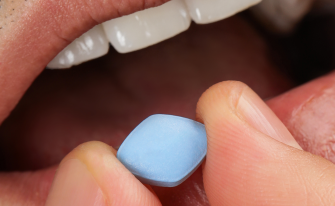



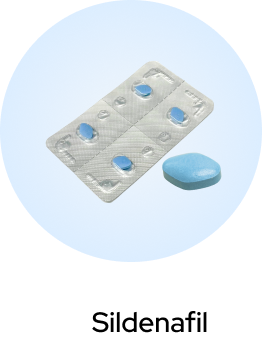
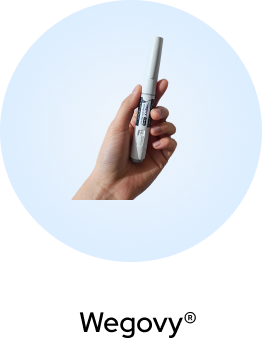
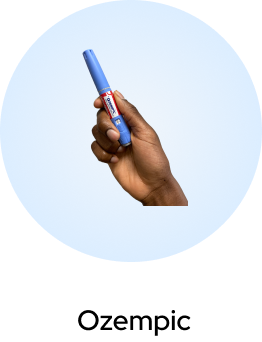


 (US)
(US)